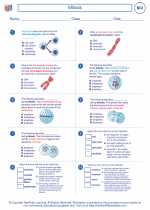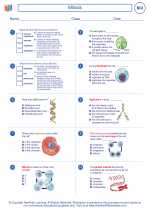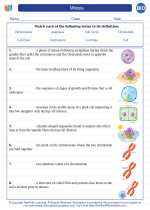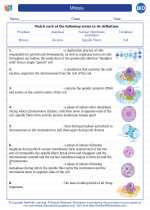Social Behavior
Social behavior refers to the interactions and relationships between individuals within a group or community. This can include a wide range of behaviors such as cooperation, competition, communication, and the establishment of social hierarchy. In the animal kingdom, social behavior is essential for survival, reproduction, and the overall functioning of a population.
Types of Social Behavior
There are several types of social behavior that are commonly observed in both animals and humans:
- Cooperation: This involves individuals working together for mutual benefit, such as hunting in packs or forming alliances.
- Competition: Individuals may compete for resources, mates, or social status within the group.
- Communication: Social animals often use various forms of communication, such as vocalizations, body language, or chemical signals, to convey information to others.
- Altruism: Some individuals may exhibit selfless behaviors that benefit others at a cost to themselves, which can enhance the overall success of the group.
- Aggression: Conflict and aggression can arise within social groups, often related to competition for resources or mating opportunities.
- Social hierarchy: Many social species establish a hierarchy within the group, with dominant individuals having priority access to resources and mates.
Factors Influencing Social Behavior
Several factors can influence social behavior, including genetic predispositions, environmental conditions, and individual experiences. For example, genetic relatedness can impact cooperation and altruistic behaviors, while resource availability can shape competition and aggression within a group.
Study Guide
To better understand social behavior, consider the following study guide:
- Define the term "social behavior" and provide examples from both animal and human populations.
- Discuss the benefits and drawbacks of cooperation and competition within a social group.
- Examine the role of communication in maintaining social cohesion and resolving conflicts.
- Explore the concept of altruism and its impact on group dynamics and overall fitness.
- Analyze the formation of social hierarchies and their effects on individual behavior and group functioning.
- Investigate the influence of genetic, environmental, and experiential factors on social behavior.
By studying these aspects of social behavior, you can gain a deeper understanding of the complex dynamics that drive interactions within social groups.
.◂Biology Worksheets and Study Guides High School. Mitosis

 Worksheet/Answer key
Worksheet/Answer key
 Vocabulary/Answer key
Vocabulary/Answer key
 Vocabulary/Answer key
Vocabulary/Answer key
 Vocabulary/Answer key
Vocabulary/Answer key
